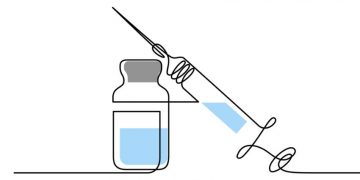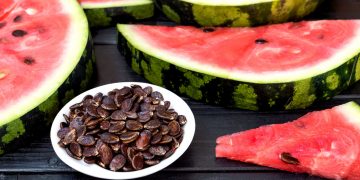Introduction
In Islam, the word “Ghusal” means to wash; it is an important ritual in Islam. This is the minimum requirement for physical cleanliness. Thorough washing of the body. The method of ghusl is as follows: It is obligatory upon every Muslim to perform ghusl when they are satr-i awrat, which means covered in blood due to menstruation or postpartum bleeding. Ghusl is also require for other reasons aside from impurity due to sexual intercourse or menstruation.
In the following circumstances, there are two opinions among scholars regarding whether ghusl would be require or not:
The Arabic word ghusl literally means to wash. It is an important ritual in Islam.
In Islam, the Arabic word ghusl literally means to wash. It is an important ritual in Islam and cleanses the body of impurities, as well as purifies it from sin.
Tharah comes before prayer or after intercourse (if you have sex). You can perform ghusl at any time of day or night and even while walking around if necessary. The purpose of performing ghusl is to cleanse yourself from any kind of physical impurity such as urine or semen that might be present on your body during these times.
This is the minimum requirement for physical cleanliness. A thorough washing of the body.
If you do not have time to shower, you can use a wet hand towel and wash yourself with water from the tap or a basin. As long as there is no dirt on your hands, it will suffice as far as purification is concerned.
The Prophet (peace be upon him) said: “There are three things that make people’s faith weak: biting one’s nails; combing their hair too much; and washing oneself after urination.”
He also said: “Wash yourself before praying so that Allah may make easy for you what He has made difficult for others.“
The method of ghusl is as follows:
- Wash the entire body.
- And Wash the head.
- Also Wash the feet, hands, and arms.
- Rinse mouth, nose, and ears before reciting Surah al-Imran (3:102).
It is obligatory upon every Muslim to perform ghusl when they are satr-i awrat, which means covered in blood due to menstruation or postpartum bleeding. Ghusl is also required for sexual intercourse and ejaculation.

In addition to this, it is necessary for all Muslims to perform a bath when they hear the adhan (the Islamic call to prayer) from their mosques at noon.
Tharah is also required for other reasons aside from impurity due to sexual intercourse or menstruation. In the following circumstances, there are two opinions among scholars regarding whether ghusl would be required or not:
- Postpartum bleeding in a woman who has given birth to a child. The opinion of most scholars is that it should be performed immediately after giving birth and before she goes back home as soon as possible. However, if this does not happen within 3 days, then you should perform ghusl in order to purify your body from any impurities that may have occurred during this time period (e.g., blood).
- Menstruation occurs during Ramadan or Hajj pilgrimage ceremonies; however, if one does not intend on fasting during those days then one does not need to perform ghusl at all since there is no requirement for it under normal circumstances (unless one becomes pregnant).
Ghusl is also obligatory after ejaculation if it occurs due to any of the following things:
- The emission of semen without sexual desire.
- The emission of semen in a state where a person feels pain and guilt or has been hit with something hard or sharp such as a stick or stone, etc., causes pain to their body parts like the head and chest area.
In both cases, ghusl needs to be performed immediately after ejaculation in order to avoid any harm to one’s health because these are considered signs of having committed adultery (adultery).
There are certain conditions that must be met when performing ghusl. The following things invalidate ghusl and you will have to do it again if any one of these happens during your ghusl:
- Urination or defecation;
- Ejaculation;
- Passing wind (muzhab); and
- Being aware of a state of major ritual impurity (janabah).
Keep yourself clean and pure when worshipping God.
You can do this by:
- Washing your hands and feet before praying.
- Making sure that you are well-groomed, including taking a shower or bath if need be to wash off any dirt or sweat from working out at the gym or doing other physical activities outdoors on a hot day.
- Keeping both body and heart clean so that they are free of sin (shirk).
Conclusion
We hope this article has clarified the many misconceptions surrounding ghusl and its importance to Muslims. We recommend that you keep yourself clean and pure when worshiping God, as by doing so you are showing respect towards Him.
























